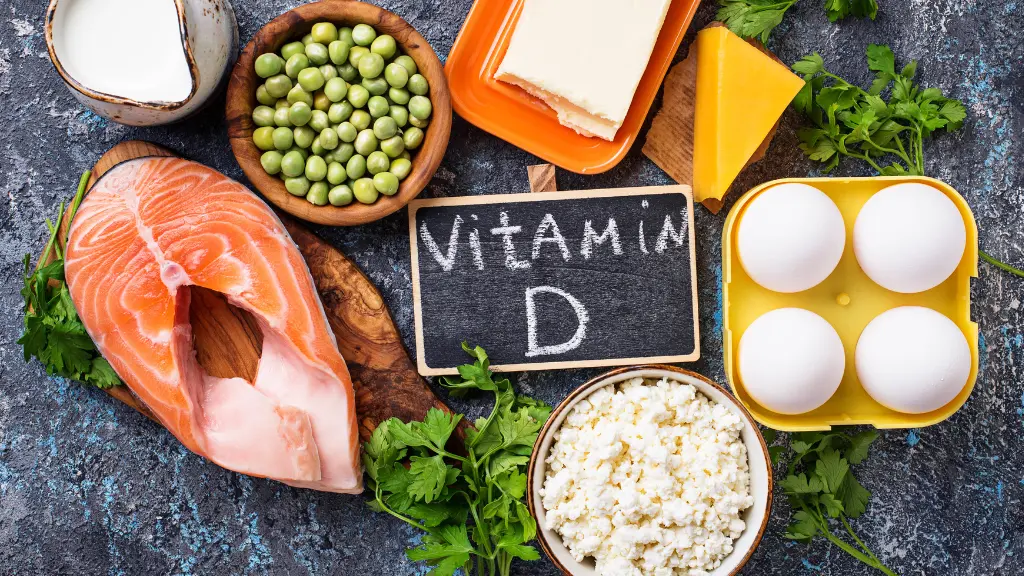Bloating is a common issue that leaves many feeling uncomfortable and self-conscious. It can result from various factors, including diet, stress, or gut health imbalances. Anti-bloat supplements have gained popularity as a solution to tackle bloating. But do they really work, or are they just another wellness trend?
This article dives into what anti-bloat supplements are, how they work, and their effectiveness.
You May Also Like: Menstrual Health and Hygiene: Education for Better Wellness
What Causes Bloating?
Before understanding anti-bloat supplements, it’s essential to know why bloating happens. Common causes include:
- Overeating: Consuming large meals can strain the digestive system.
- Gas Build-Up: Foods like beans, broccoli, or carbonated drinks can produce excess gas.
- Food Intolerances: Lactose or gluten intolerance can trigger bloating.
- Gut Health Issues: An imbalance of gut bacteria can lead to digestive discomfort.
- Hormonal Changes: Women may experience bloating during menstruation.
What Are Anti-Bloat Supplements?
Anti-bloat supplements are dietary supplements designed to reduce bloating by improving digestion and addressing the root causes of discomfort. They often contain a blend of natural and synthetic ingredients that target specific issues, such as gas production, water retention, or slow digestion.
Key Ingredients in Anti-Bloat Supplements
- Probiotics: Beneficial bacteria that support gut health and balance.
- Digestive Enzymes: Help break down food, reducing indigestion and bloating.
- Example: Amylase, lipase, and protease.
- Herbal Extracts: Natural remedies like ginger, fennel, or peppermint soothe the digestive tract.
- Fiber: Supports healthy bowel movements, reducing constipation-related bloating.
- Diuretics: Ingredients like dandelion root that reduce water retention.
How Do Anti-Bloat Supplements Work?
Anti-bloat supplements aim to alleviate bloating through different mechanisms:
- Improving Digestion: Digestive enzymes help the body break down proteins, fats, and carbohydrates more efficiently.
- Reducing Gas Production: Probiotics and herbal extracts minimize gas caused by fermentation in the gut.
- Managing Water Retention: Diuretic ingredients help flush excess water from the body.
- Balancing Gut Microbiota: Probiotics promote a healthy balance of good bacteria, preventing gut dysbiosis.
Do Anti-Bloat Supplements Really Work?
The Science Behind Them
Many ingredients in anti-bloat supplements have scientific backing. For example:
- Probiotics: Studies show probiotics can improve gut health and reduce bloating caused by irritable bowel syndrome (IBS).
- Digestive Enzymes: These are particularly effective for those with enzyme deficiencies, like lactose intolerance.
- Herbal Extracts: Ginger and peppermint are well-known for their ability to ease digestion and reduce discomfort.
However, the effectiveness of these supplements often depends on the individual’s underlying cause of bloating. For instance, someone with a food intolerance may not benefit as much from general anti-bloat supplements.
Are Anti-Bloat Supplements Safe?
Generally, anti-bloat supplements are safe for most people when taken as directed. However, it’s crucial to:
- Check Ingredients: Some supplements may contain allergens or ingredients that don’t suit everyone.
- Avoid Overuse: Excessive use can lead to dependency or digestive issues.
- Consult a Healthcare Provider: Especially for those with underlying health conditions or who are pregnant.
Natural Alternatives to Anti-Bloat Supplements
If you’re skeptical about supplements, there are natural ways to reduce bloating:
- Stay Hydrated: Drinking water helps flush out excess sodium and reduce water retention.
- Eat Slowly: Chewing food thoroughly prevents swallowing excess air, which can cause gas.
- Limit Trigger Foods: Identify and avoid foods that cause bloating, such as dairy or beans.
- Exercise Regularly: Physical activity stimulates digestion and reduces bloating.
- Herbal Teas: Peppermint or chamomile tea can soothe the digestive system.
When to Seek Medical Advice
Occasional bloating is normal, but persistent or severe bloating could indicate an underlying health issue, such as:
- Irritable bowel syndrome (IBS)
- Small intestinal bacterial overgrowth (SIBO)
- Food intolerances or allergies
- Hormonal imbalances
Consult a doctor if bloating is accompanied by other symptoms like severe pain, weight loss, or changes in bowel habits.
How to Choose the Right Anti-Bloat Supplement
- Read the Label: Ensure the supplement contains proven ingredients like probiotics or digestive enzymes.
- Check for Certifications: Look for products tested for safety and efficacy.
- Avoid Additives: Steer clear of supplements with artificial fillers or allergens.
- Start Small: Begin with a lower dose to see how your body reacts.
Final Verdict: Are They Worth It?
Anti-bloat supplements can be effective for managing occasional bloating, especially if caused by diet or gut health imbalances. However, they are not a cure-all. Lifestyle changes, such as a balanced diet and regular exercise, remain the best long-term solution for bloating.
Conclusion
Bloating can be frustrating, but anti-bloat supplements may provide relief for some. By understanding their ingredients and mechanisms, you can decide if they’re right for you. Pairing supplements with healthy habits ensures lasting digestive wellness.
Would you try anti-bloat supplements, or do you prefer natural remedies? Share your thoughts!










